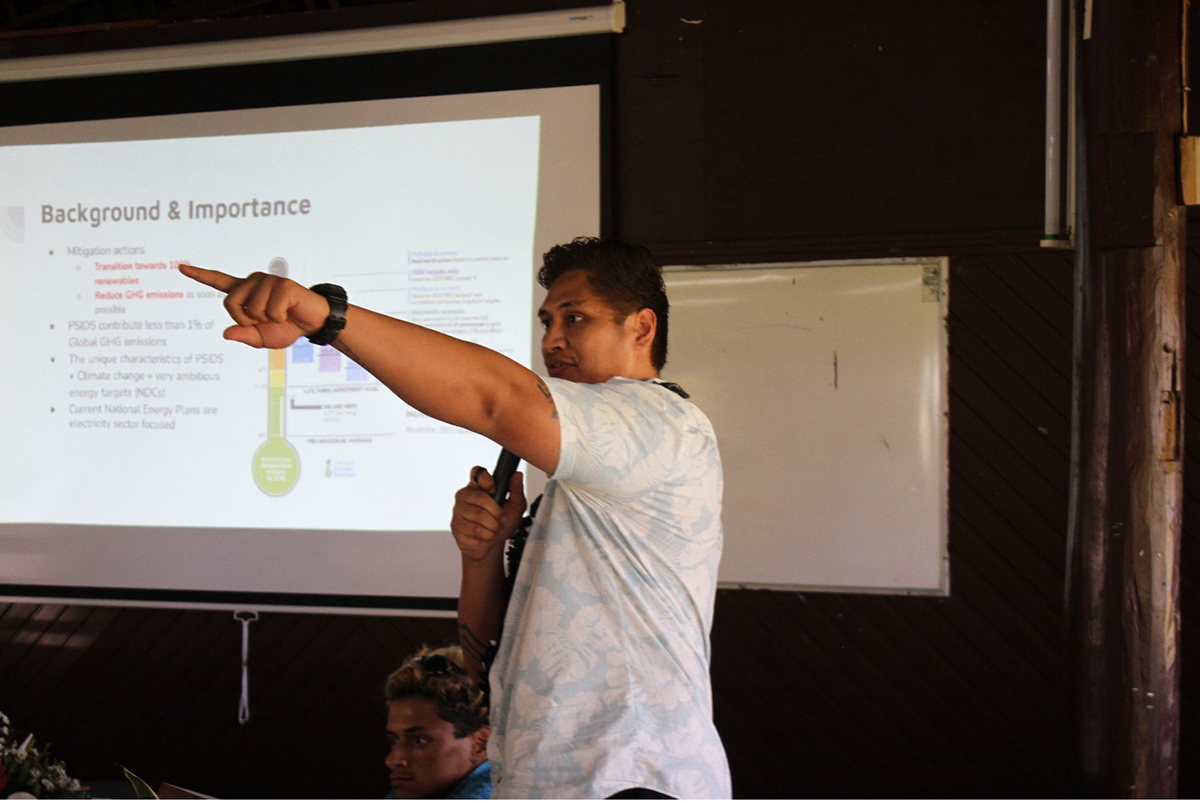Pakistan losing out on its film industry
February 1
Pakistan is fortunate to have an active film industry with strong social and cultural references. While this is fantastic, since representation in film is so important, Pakistani correspondent Samara Ali, argues that the industry is not living up to its full potential. The 27-year-old believes Pakistan should be telling more of its stories to a broader audience so it can earn more revenue and help build its economy.
Representation… It means having a voice in relation to one’s political economy and cultural craft. It is also about having appropriate and accurate characterizations of oneself. Films, to that extent, play a major role in how people see themselves, how they claim their cultural identity and voice, and how the world perceives them. Besides that, the film industry also makes great business sense.
Film production is not just a narration on our socio-cultural mindset, it also fosters a creative economy and generates revenues by providing employment to those working in the field. But in order for a film industry, such as Pakistan’s, to fully capitalize, it must maintain its cultural integrity while marketing its productions to an international audience.
The process of development is where a story-idea is crafted, a draft of the script is written and the financial logistics are planned. Pre-production takes into account the location where the film will be shot, casting of the film crew members and setting the filming schedule. Where and how the film is shot usually has a great impact on tourism for the location, since the story is built around its frame, which itself lends character to the film.
The next step is the crucial production process. At this stage, the right camera operators and supplemental departments begin the gruelling but fulfilling task of filming. When filming is complete, the process moves to the post-production phase in which editors and visual artists work their magic, meshing sound and visual effects to create the final product. It can take weeks, perhaps even months, to finalize this stage as the crew decides whether the directed material ought to be in the final cut or left behind in the reel-room.
Finally, we get to distribution. This involves the marketing, promotion and cinematic release of the movie. It’s when the hard work ultimately pays off and the revenues begin to flow.
At each stage, the creative energy goes in and the end product generates massive revenue which goes on to help boost the economy of the country in which the production takes place. Take Canadian television shows Suits and Arrow, for instance, which created 2,300 and 7,000 jobs, respectively, while contributing a total of $460 million to Canada’s economy. These statistics simply scratch the surface of the tangible benefits.
The socio-cultural impact of a growing film industry is too profound to be ignored, and Pakistan must take note. While movies are a source of escape from the rigour of routine, in many instances, they have also become the starting point of debates on the most pressing societal issues. One such example is the 2002 film Bend It Like Beckham – directed by Gurinder Chaddha – which underscores the struggle of the South Asian diaspora in Britain to blend into British norms while pursuing their dreams.
Films prove to be an effective way to redirect the stereotypes placed on non-White characters who have different stories to tell. An example of this is The Reluctant Fundamentalist, directed by Mira Nair, through which we get to understand how the ‘War on Terror’ following the September 11 terrorist attack in the United States proved life-altering for many innocent South Asian Muslims who suddenly became the victims of extreme xenophobia.
In this regard, Pakistan’s film industry can play an important role in showcasing more positive examples of South Asians. But it will need to tell more compelling stories in ways that are also palatable to an overseas audience.
Pakistan’s film industry has not been short of exceptional talent. From the quick-witted writing of Anwar Maqsood to meaningful scripts by late dramatist Haseena Moin, the country has both the talent and remarkable stories to narrate. However, the industry’s insistence on tailoring films just for the Pakistani audience has made its reach narrower. What the film industry needs are script-writers and directors to take a leap of faith in producing content which would be internationally noteworthy as well.
As one of Pakistan’s highest ever grossing films, Khuda Kay Liye (2007) brilliantly proves this can be done. And it wouldn’t take a million dollars to get there, but simply a collective effort and the conviction to tell the tale. Only then will these productions gain adequate attention for the necessary budgeting. Our burgeoning film-makers need to aim for the stars, because, as Mira Nair puts it, “If you’re not going to tell your story, no one else will”.
Photo Credit: Canva
About Samara Ali: I’m currently a graduate student who has always harboured an interest in speaking on current issues through her writing. I hope to contribute greatly to the missing Pakistani narrative in a world bustling with opinions.






